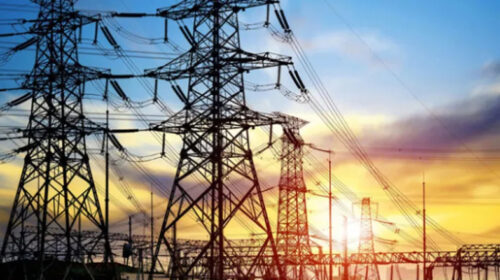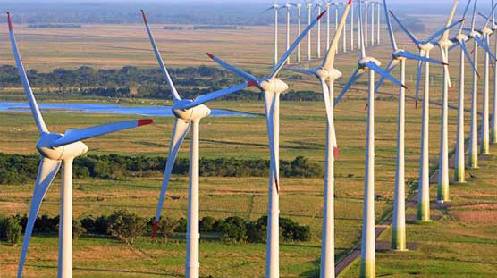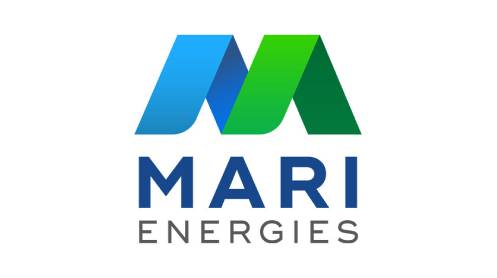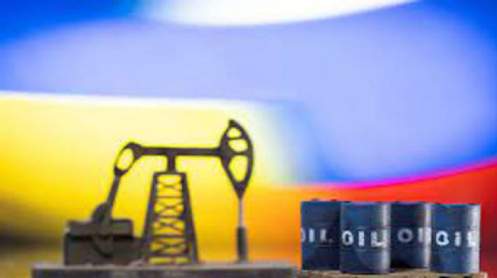The prices of residual fuel oil (RFO), re-gasified liquefied natural gas (RLNG) and coal have increased from 250 percent to 300 percent in just one year, making these expensive for power generation.
The price of RFO during the month of September 2022 was Rs172,000/tonne, which was Rs76,000/tonne during the same period of September 2021. Similarly, the price of RLNG was Rs4,000/MMBTU in September 2022, which was Rs1,600/MMBTU during the said period last year, while the price of coal was Rs65,000/tonne in September 2022, which was Rs20,000/tonne in September 2021.
Pakistan’s economy has already been struggling with an energy crises, which exacerbates every day as the demand for expensive imported fuel increases and the existing supply of power remains insufficient to meet the demands of the consumers.
“This situation demands from the government to start using the potential of its indigenous resources, especially Thar coal,” said Syed Saifullah Kazmi, Head of Investment Banking, Intermarket Securities Limited.
He added that actual potential of Thar coal was beyond any measure as the reserves could make Pakistan self-sufficient by producing approximately 100,000MWs for the next 200 years.
“The delivered price of imported coal was around $170 per tonne to $300-400 per tonne which is adversely impacting the forex reserves of the country and increasing the price of power generation. Keeping this in view, conversion of imported coal-based power plants to Thar coal can be a wise solution in the long-run for the country,” said Saif.
Last month, Sindh Engro Coal Mining Company (SECMC) achieved COD (commercial operations date) of phase-II of its mine expansion which has now pushed the coal production to 7.6 MPTA, previously 3.8 MPTA. This expansion would further reduce coal prices from $65/tonne to almost $43/tonne and power an additional capacity of 660MWs for the Thar coal-based independent power producers (IPP).
Moreover, after the Phase-III expansion, which was approved last year, the production of around 12.2 MPTA from Thar Block-II was expected to be achieved by early 2024. This was important because of the impact it would have on price – that would stand under approximately $30/tonne.
Saif emphasised that such a cheap price-tag could do wonders for the country, as this coal could not only be utilised for cheap electricity generation, but also in other industries such as cement and fertilisers.
In addition, given the unprecedentedly high prices of imported fuel, Thar coal expansion III could also provide a huge relief to Pakistan’s forex reserves, with savings of approximately $2.5 billion.
Increasing the share of power generation from indigenous resources was the only way Pakistan could reduce its reliance on imported fuels and supply cheap electricity to consumers and industries, ensuring long-term energy security for Pakistan.





